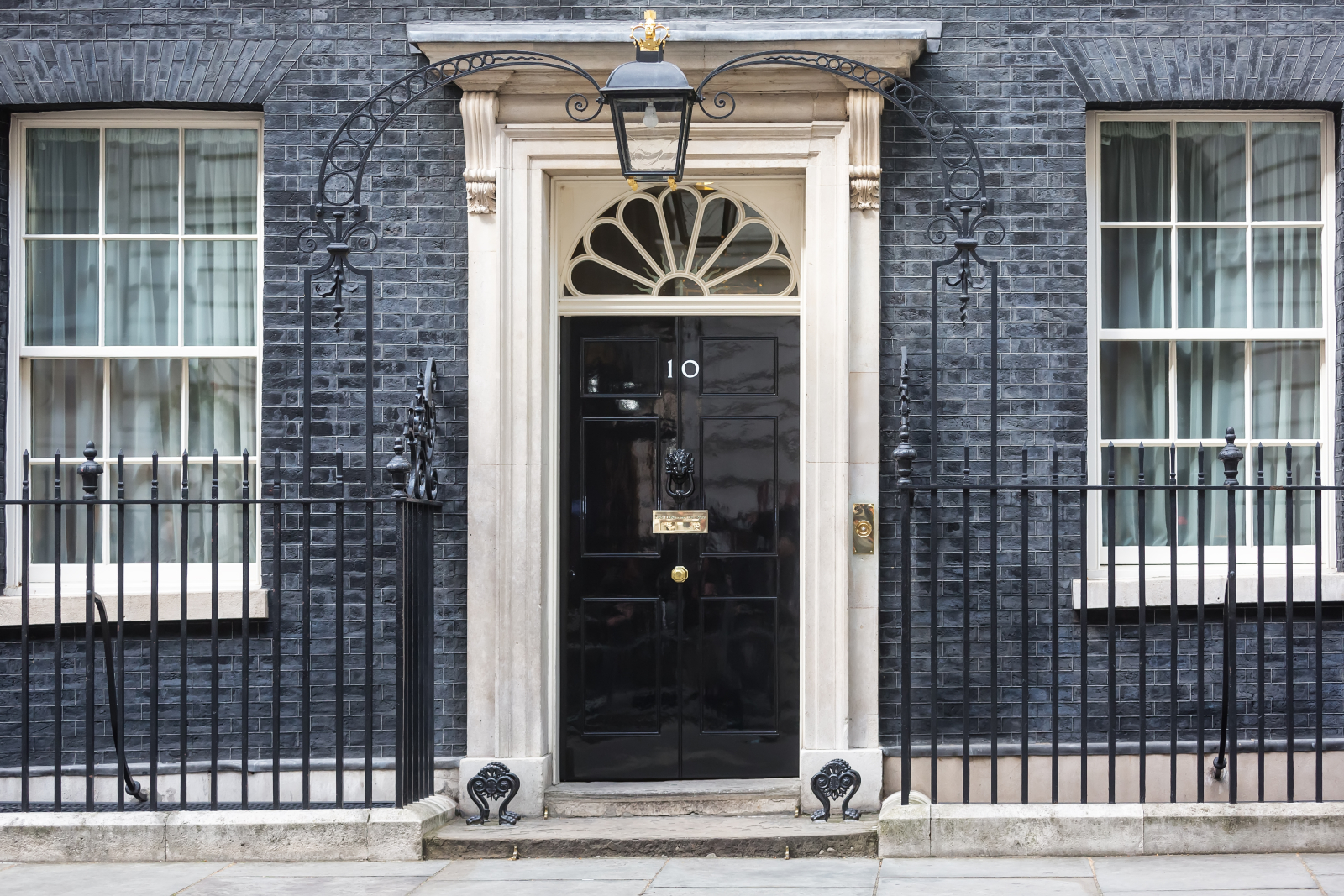
On 6th September, Liz Truss formerly became the UK’s 80th Prime Minister, moving into number 10 Downing Street and no doubt inheriting an in-tray as high as some of London’s skyscrapers!
In her debut speech as PM, Truss talked about her vision for an “aspiration nation” characterised by tax cuts and business-led growth, and talked about three priorities – tackling the energy crisis, supporting the NHS and boosting the economy.
Claiming her mission was to “get the UK working, building and growing’, the new Prime Minister gave little detail of how that might come about and interestingly made no references to net zero, nature or climate change.
With the construction industry facing economic challenges around rising costs plus labour and materials shortages alongside environmental challenges around emissions, energy efficiency and waste, industry leaders have been quick to react to the new PM’s appointment. Here’s what some had to say:
Director of policy at the National Federation of Builders (NFB), James Butcher, made a plea for continued investment in the industry:
“The election of a new prime minister means that the proactive work of government can restart, having had a period of stasis over the summer. Inflation has caused our industry no end of problems but the biggest threat is the rolling-back of demand as clients of all shapes and sizes consider putting off work. Liz Truss said during her election campaign that ‘a recession is not inevitable’ so we hope she will take the opportunity to ensure we have a healthy pipeline for our industry, and across all work types. We want to see continued investment in major infrastructure, public sector capital projects, housing and implementation of a national retrofit strategy to support builders in the domestic sector as well as our net zero ambitions.”
Calling for reforms to the burden placed on construction businesses and a revolution in planning, Head of housing and planning policy at the NFB, Rico Wojtulewicz, added:
“Liz Truss has promised to be a low-tax Conservative, and we cannot wait a day longer to see the fruits of that promise. The last government put up national insurance contributions, removed the sector’s entitlement to use red diesel and has added a myriad of levies to housebuilders. It’s high time to roll-back the burden on business and give the industry the room to invest in the future.
“The biggest blocker to our nation’s construction potential, not least to meet our housing need, is the horrendous state of our planning laws. As the former housing secretary Robert Jenrick stated over the weekend, the planning reforms the last government decided not to proceed with were its ‘greatest missed opportunity’. He could not be more right. We must have a revolution in planning laws and that will require radical and bold leadership.”
Chartered Institute of Building chief executive, Caroline Gumble, said levelling up and net zero should be a key focus of the new government:
“We want to see the new prime minister continue the government’s existing agendas on levelling up and net zero, both of which can make a positive difference to what we’re sure will be their number one priority, the cost of living crisis. The levelling up agenda provides significant opportunities for the construction sector, through local job creation and stability, while property retrofit schemes to improve energy efficiency for example, will further boost the sector and go some way to helping residents mitigate rising energy costs.
Hopeful that the new PM might have room for the climate crisis on her agenda, Building Research Establishment chief executive, Gillian Charlesworth, gave this statement:
“The new UK government must ramp up its action on climate change – and central to this should be driving a green transition in the built environment. We were pleased to see the newly appointed prime minister Liz Truss pledging to help people insulate their homes… however, we will need to go much further if we are to fully decarbonise the UK’s building stock, which currently makes up a quarter of the UK’s greenhouse gas emissions.
“What’s more, improving the energy efficiency of our homes and buildings is one of the only viable ways to lower energy bills, which are now at record highs and set to rise even further in October. Rolling out measures to improve the energy efficiency of our housing stock will be paramount in relieving households of the financial pressures they are currently facing.
“This is why we are urging our new prime minister to publish a credible and effective plan to decarbonise our existing homes and buildings. At its core, this would set out a fully funded national retrofit strategy defining energy efficiency measures, such as insulation, for all UK households. This would help to address fuel poverty for thousands of households head-on, significantly lower energy bills, and ensure our buildings are fit for the future.
Also calling for a national retrofit strategy, The Federation of Master Builders FMB, Brian Berry, said:
“The UK is fronting an unprecedented energy crisis with over 12 million households facing fuel poverty. This dire and unsustainable situation requires immediate commitment to a long-term national retrofit plan to insulate our 29 million homes to cut energy consumption and reduce bills.
“A national retrofit plan needs to be treated as an urgent infrastructure priority because of the benefits it can bring to both consumers and business. To succeed it must prioritise consumer information on what can be done to make existing homes better insulated; provide a range of financial incentives such as a VAT cut to help householders start retrofitting; and commit to work with the building industry to ensure there is a supply of competent, local installers to do the work.
“Liz Truss has a once in a lifetime opportunity to transform our existing homes to help ensure everyone has a place they can afford to heat. A national retrofit strategy also offers the opportunity to create thousands of new jobs and deliver growth in every village, town, and city. The energy crisis needs a green revolution, but this requires bold leadership, so I’m looking to Liz Truss to deliver.”
What would you tell Liz Truss?
Like many other small to medium sized companies in the construction sector, Sheriff Construction would back up calls for action that boost our industry (e.g. reducing business/ regulatory burdens and investing in infrastructure) while helping to solve critical issues around the cost of living, the energy crisis and climate change.
What else do you think the industry needs right now?
07.09.2022
Feature image: Freepik








